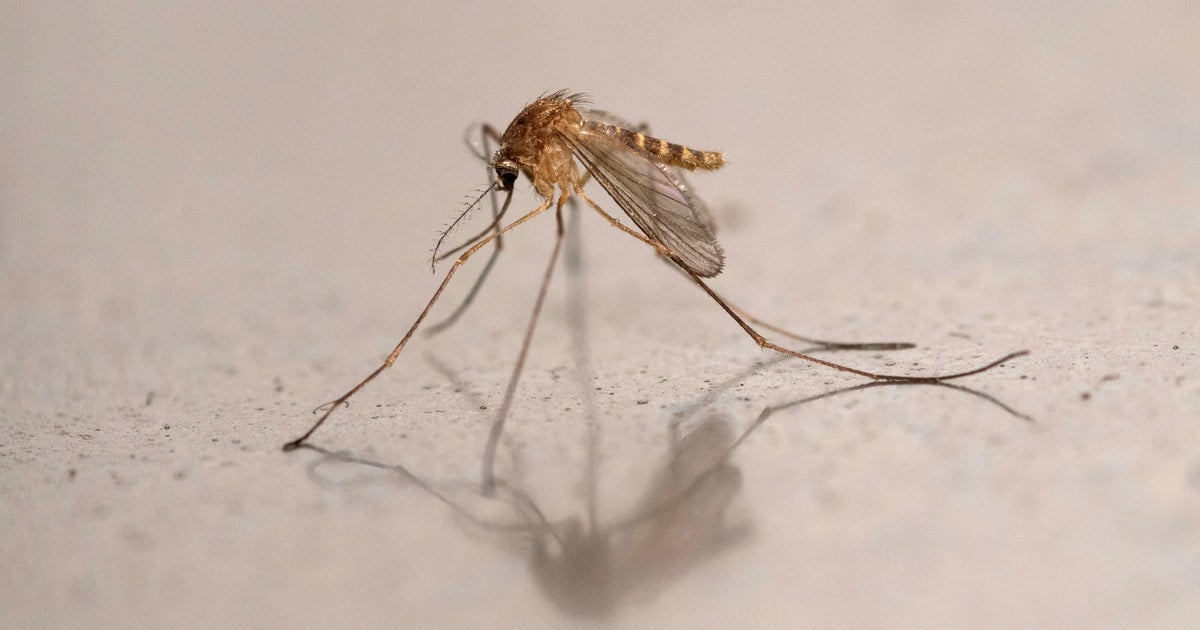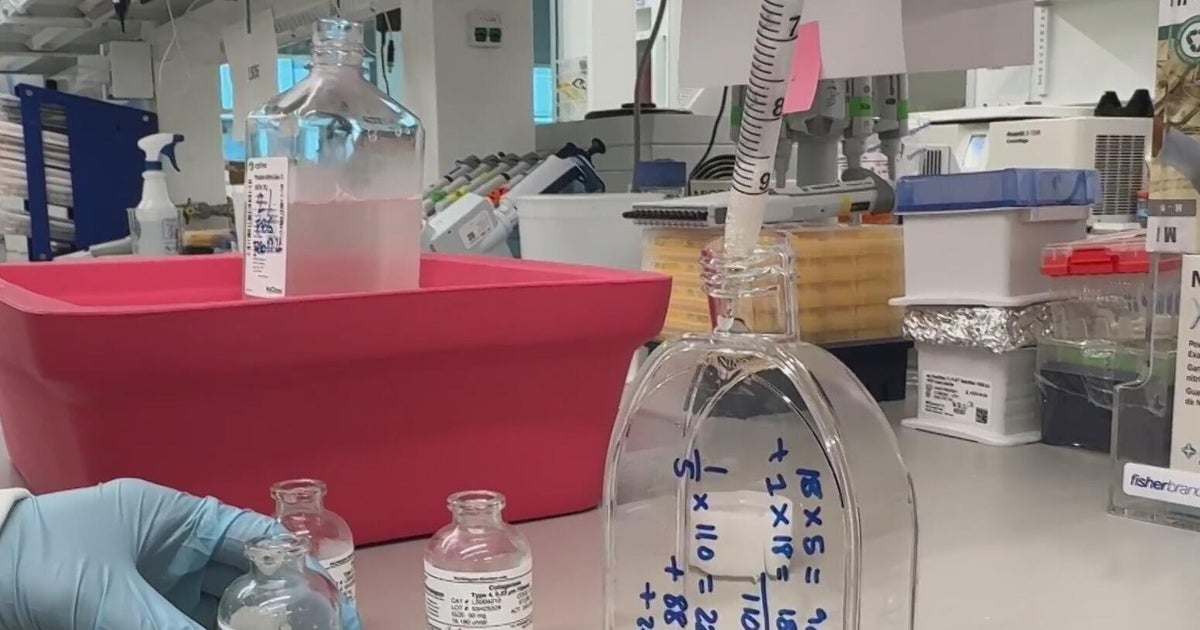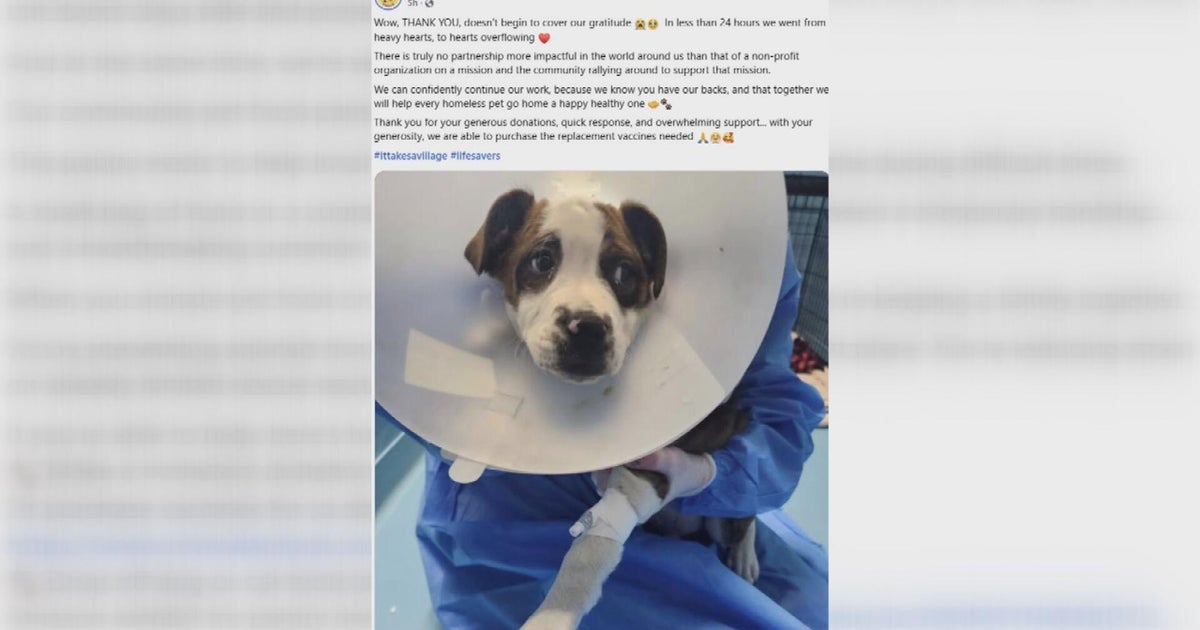FDA Wants All Blood Donations Tested For Zika Virus
SAN FRANCISCO (CBS SF) -- The U.S. Food and Drug Administration on Friday asked blood donation centers nationwide to test all donations for evidence of the Zika virus.
FDA's Center for Biologics Evaluation and Research director Dr. Peter Marks said there currently is just too "much uncertainty" about the disease.
"There is still much uncertainty regarding the nature and extent of Zika virus transmission," he said. "At this time, the recommendation for testing the entire blood supply will help ensure that safe blood is available for all individuals who might need transfusion."
Blood banks already test donations for HIV, hepatitis, West Nile and other blood-borne viruses. The Zika virus stays in the blood for about one week, but is thought to remain in other bodily fluids longer.
As of August 24, according to federal health officials, there were more than 11,500 confirmed cases of Zika virus in U.S. States and Territories. Of those 2,517 are confirmed cases in U.S. States and Washington DC and 9,011 confirmed cases area in U.S. Territories.
Initially, the FDA has issued a guidance recommending that only areas with active Zika virus transmission screen their donations. But Friday's action expanded that to the rest of the nation as Zika has gained a foothold in the Miami area.
Officials said the expansion of the request came after "after careful consideration of all available scientific evidence, consultation with other public health agencies, and taking into consideration the potential serious health consequences of Zika virus infection to pregnant women and children born to women exposed to Zika virus during pregnancy."
Testing of donated blood is already underway in Florida and Puerto Rico, as well as in other areas, and it has shown to be beneficial in identifying donations infected with Zika virus.
The Zika virus is transmitted primarily by the Aedes mosquito, but can also be spread by sexual contact. Although 4 out of 5 people infected with Zika virus never develop symptoms, when symptoms do occur they may include fever, arthralgia (joint pain), maculopapular rash (red area with small bumps), and conjunctivitis (red, irritated eyes).
In addition, Zika virus infection during pregnancy can cause serious birth defects and is associated with other adverse pregnancy outcomes.
"As new scientific and epidemiological information regarding Zika virus has become available, it's clear that additional precautionary measures are necessary," said Dr. Luciana Borio, the FDA's acting chief scientist. "We are issuing revised guidance for immediate implementation in order to help maintain the safety of the U.S. blood supply."
The first local or non-travel related transmission of Zika virus in the U.S. by mosquitoes was reported from Puerto Rico in December 2015; and soon thereafter, local transmission was reported in American Samoa and the U.S. Virgin Islands. In July 2016, the first cases of local or non-travel related transmission of Zika virus in the continental U.S. were reported in Miami-Dade County, Florida.







